Prison 'like an airport' as drones fly in drugs
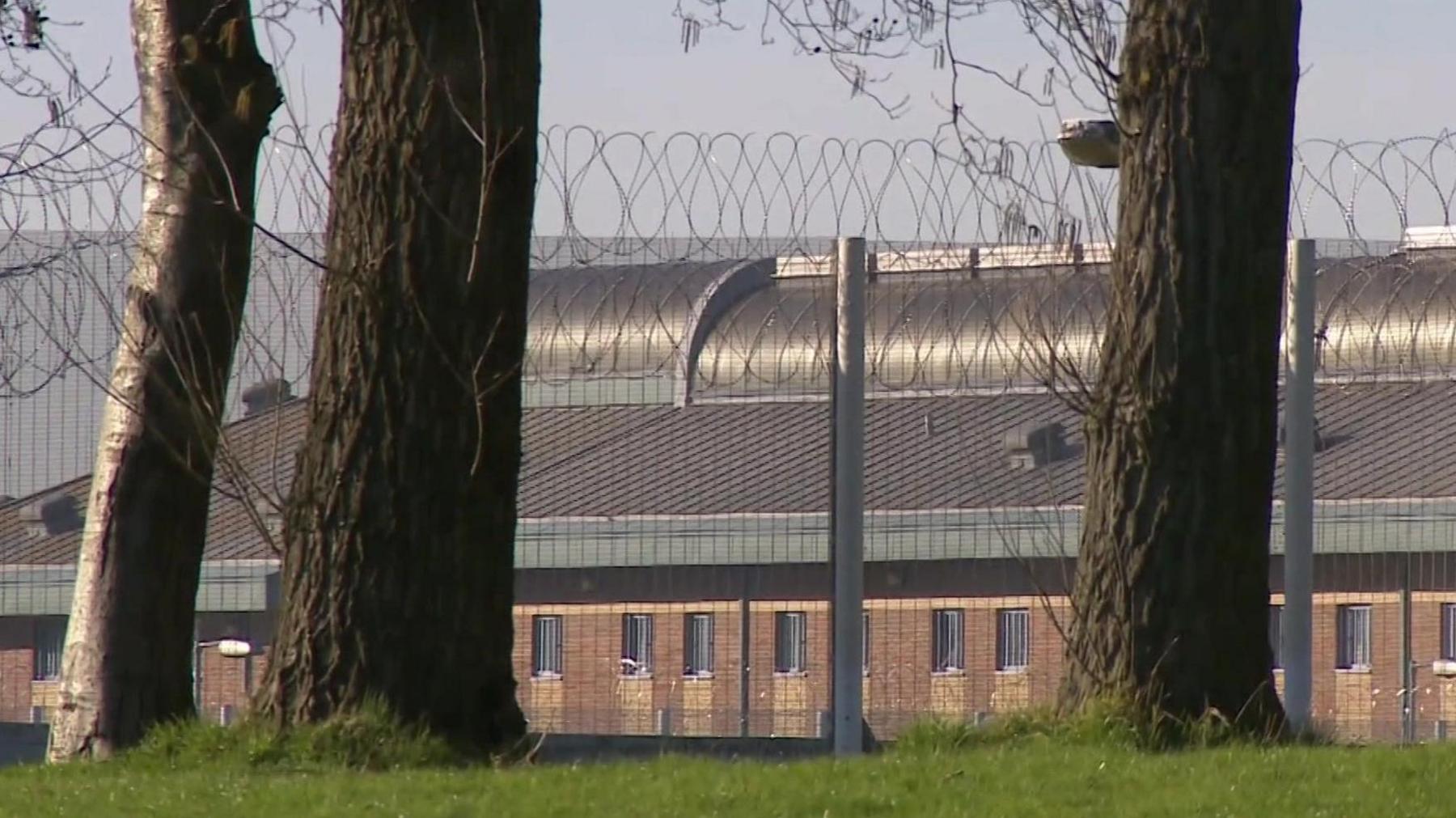
Prisoners are using broom handles to collect drugs from the drones
- Published
A high-security prison has become "like an airport" with so many drones flying in drugs, inspectors have said.
Inmates were burning holes in cell windows to allow the drones in at HMP Garth near Leyland, Lancashire and stealing mops and brooms to use their handles to collect drugs from drones.
The report by the HM Inspectorate of Prisons found that the jail was "facing major security issues" with a 45% increase in violence with many inmates needing protection because of drug debts.
The Ministry of Justice said it had "zero tolerance" towards violence and drugs.
One nearby resident, artist Helen Williams, said she "very often" hears the drones and sometimes sees them hovering around the prison.
She said she and other residents had been encouraged to call the police and report sightings.
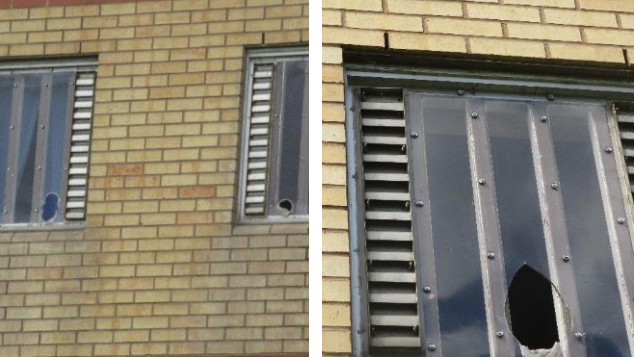
Cell windows had holes burned in them through which prisoners could retrieve drones
The inspection found that windows were being broken at a faster rate than they could be repaired, and on the first day of inspection, 13 cells had windows with holes, of which five were still occupied by prisoners.
Inspectors said the "smell of cannabis was rife" and 63% of prisoners said it was easy to get drugs, with one describing the jail like an "airport" because of the sheer number of smuggling drones.
The report found the prison’s response to the threat had been "inadequate" with staff unwilling to challenge rule breaking.
Chief inspector of prisons Charlie Taylor said it was “imperative that the prison service finds a way to stem the ingress of drones to reduce the supply of drugs into prisons like Garth".
Mr Taylor added: "Staff attendance and capability will need to improve significantly and without substantial investment from the prison service, drugs will continue to flow into this troubled jail.”
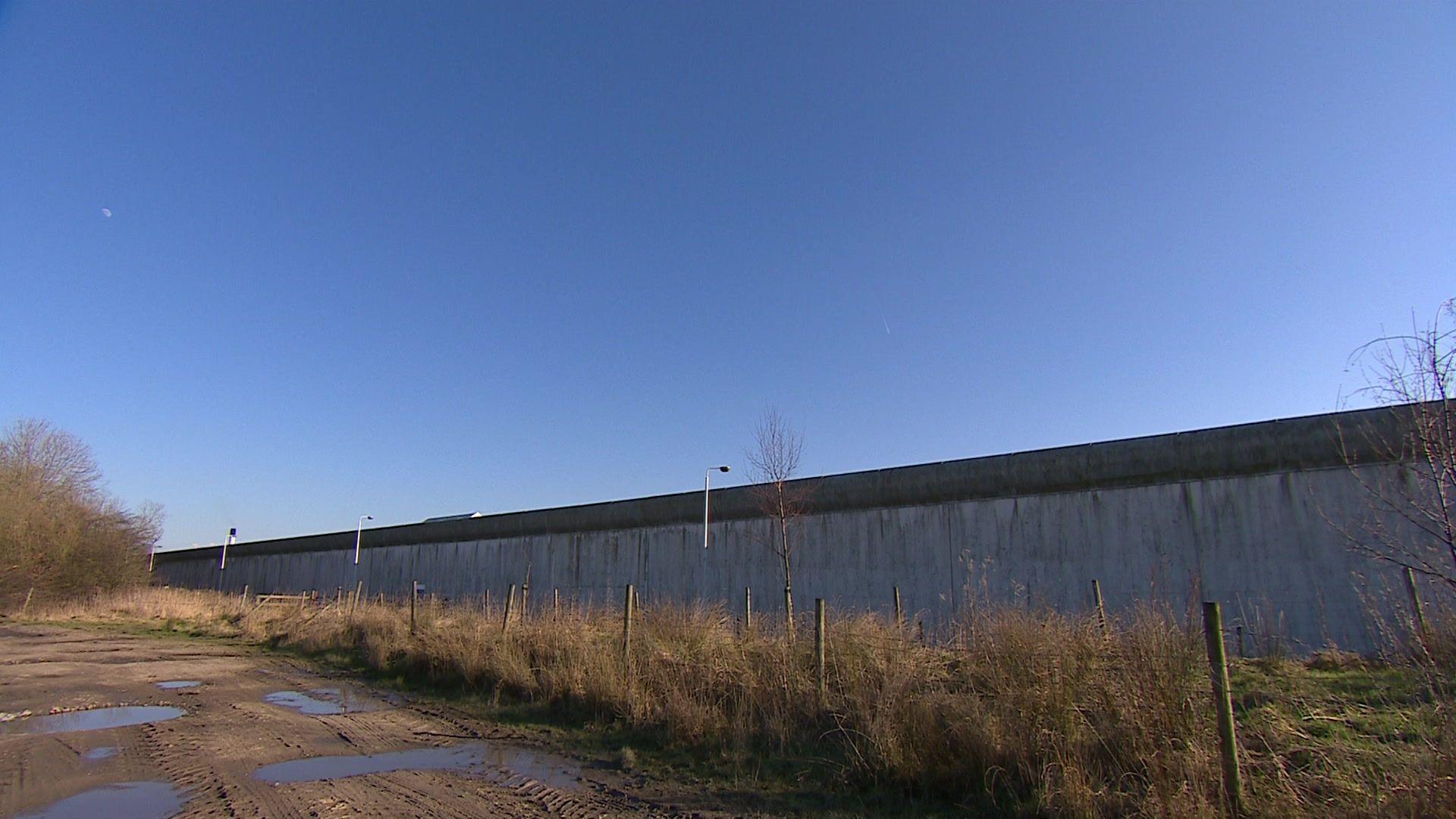
Drones were flying over the prison walls so regularly that one prisoner said it was like an airport
A Ministry of Justice spokesperson said: "The new government inherited a prison system in crisis and reports like these demonstrate the need for robust action to get the situation back under control.
"We have zero tolerance towards violence and drugs and our security measures, such as X-ray body scanners and anti-drone no-fly zones, detect and stop drugs from entering our prisons."
They added that 400-metre restricted fly zones were established in January around all closed prisons and young offender institutions in England and Wales.
Listen to the best of BBC Radio Lancashire on Sounds and follow BBC Lancashire on Facebook, external, X, external and Instagram, external. You can also send story ideas to northwest.newsonline@bbc.co.uk, external and via Whatsapp to 0808 100 2230.
Related stories
- Published19 April 2017
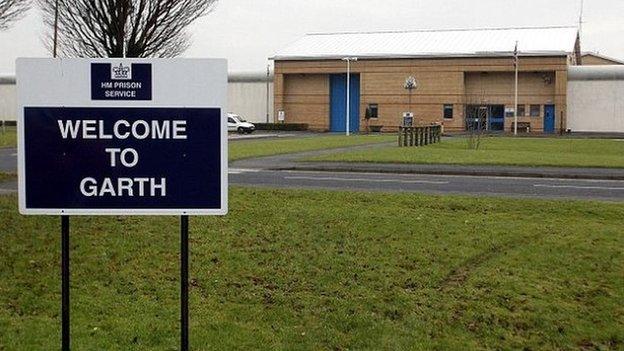
- Published14 April 2016
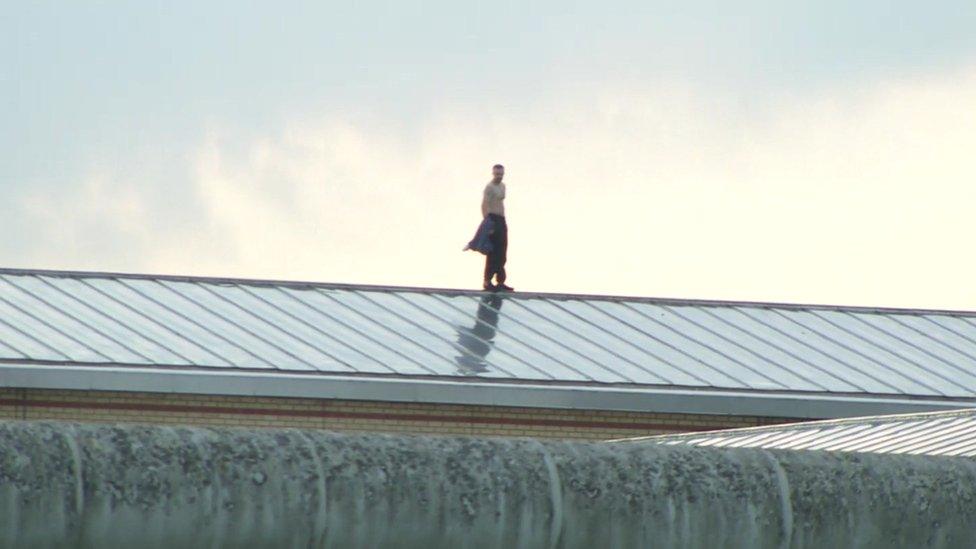
- Published23 September 2024
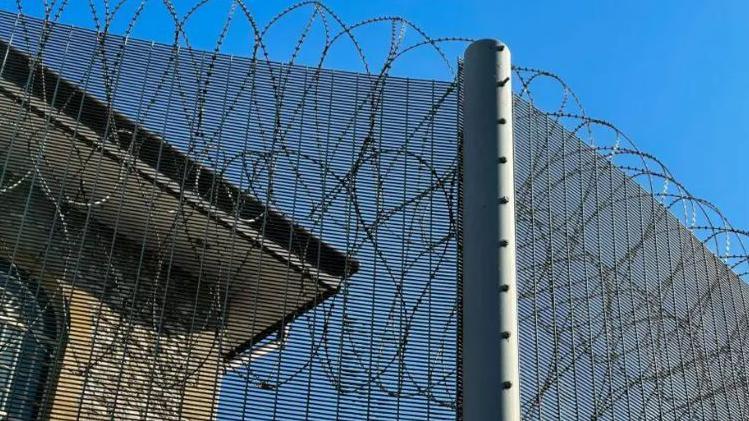
- Published24 October 2024
